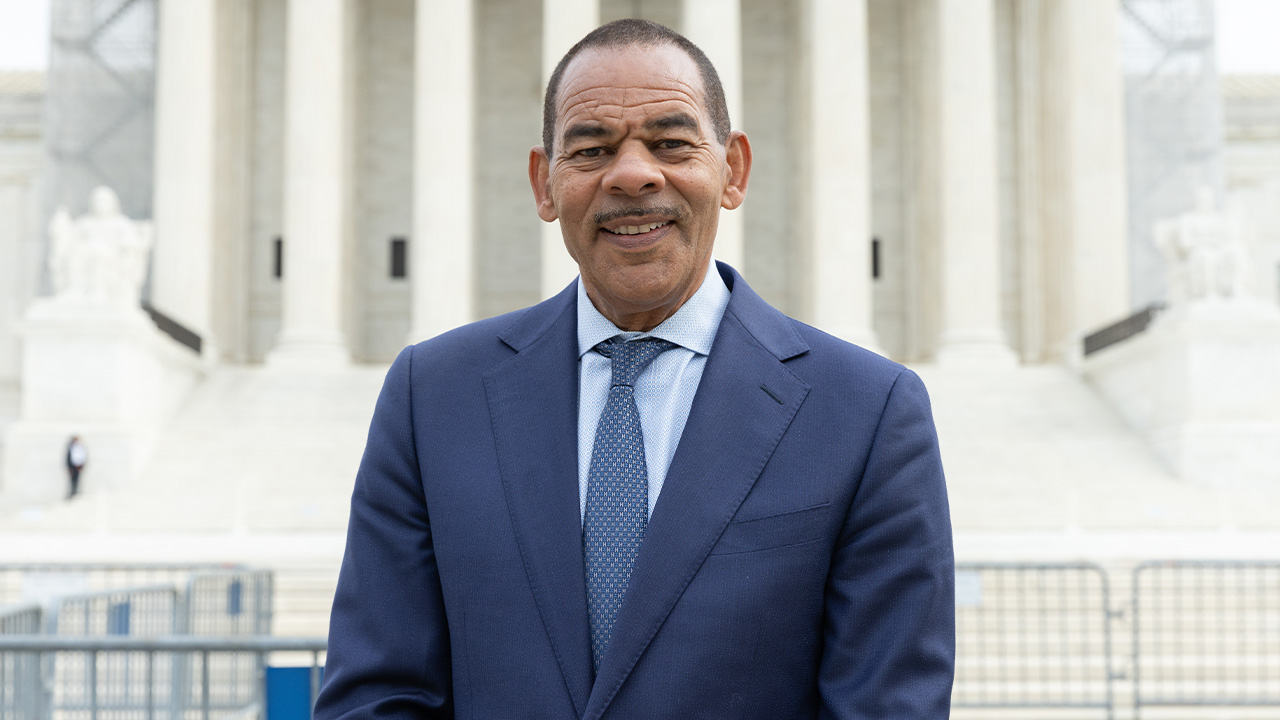One person’s over regulation is another person’s protection. That’s part of the battle over Florida’s HB-3 bill, which is designed to cut down on the type of local law making that can frustrate businesses.
HB-3 would impact local regulations, such as restrictions on Uber and Airbnb, which have been issues in South Florida. Other examples cited are local measures that ban plastic straws, ban puppy mills and prohibit sun block that might damage reefs.
Airbnb is suing Miami Beach, saying its regulations about short-term rentals are too restrictive. The issue resulted in recent stories not only in the Miami Herald, but the New York Times.
The Miami-Dade Gay and Lesbian Chamber of Commerce, the National LGBT Chamber of Commerce and Equality Florida say the bill could create an open invitation to publicly discriminate against lesbian, gay, bisexual, transgender, or queer Floridians.
Under Florida state law, it is legal to fire someone, evict them from housing, or deny them service at a restaurant just because they are LGBTQ, according to Equality Florida. Equality Florida has been working on the local level to prevent discrimination. Palm Beach, Broward and Miami-Dade counties all have measures to prevent discrimination in employment based on sexual orientation.
An article by Watchdog.org says a House subcommittee voted 9-5 along party lines to support the measure, which would eliminate all local business regulation as of July 21 and then require an economic impact analysis and supermajority approval every two years for them to be reauthorized. Local governments could not impose occupational and professional licensing requirements.
One of the key lines in the bill requires that a local regulation “is being regulated in a manner that does not unnecessarily restrict entry into the business or adversely affect the availability of the business’ services to the public and the least restrictive and most cost-effective regulatory scheme is being used to regulate such business or business entity.”
The Bulldog says the Florida Retail Federation, Associated Industries of Florida and Florida Chamber of Commerce support the bill while the Florida Association of Counties, Florida League of Cities and an array of labor unions, environmental organizations and civil-rights groups oppose it.












